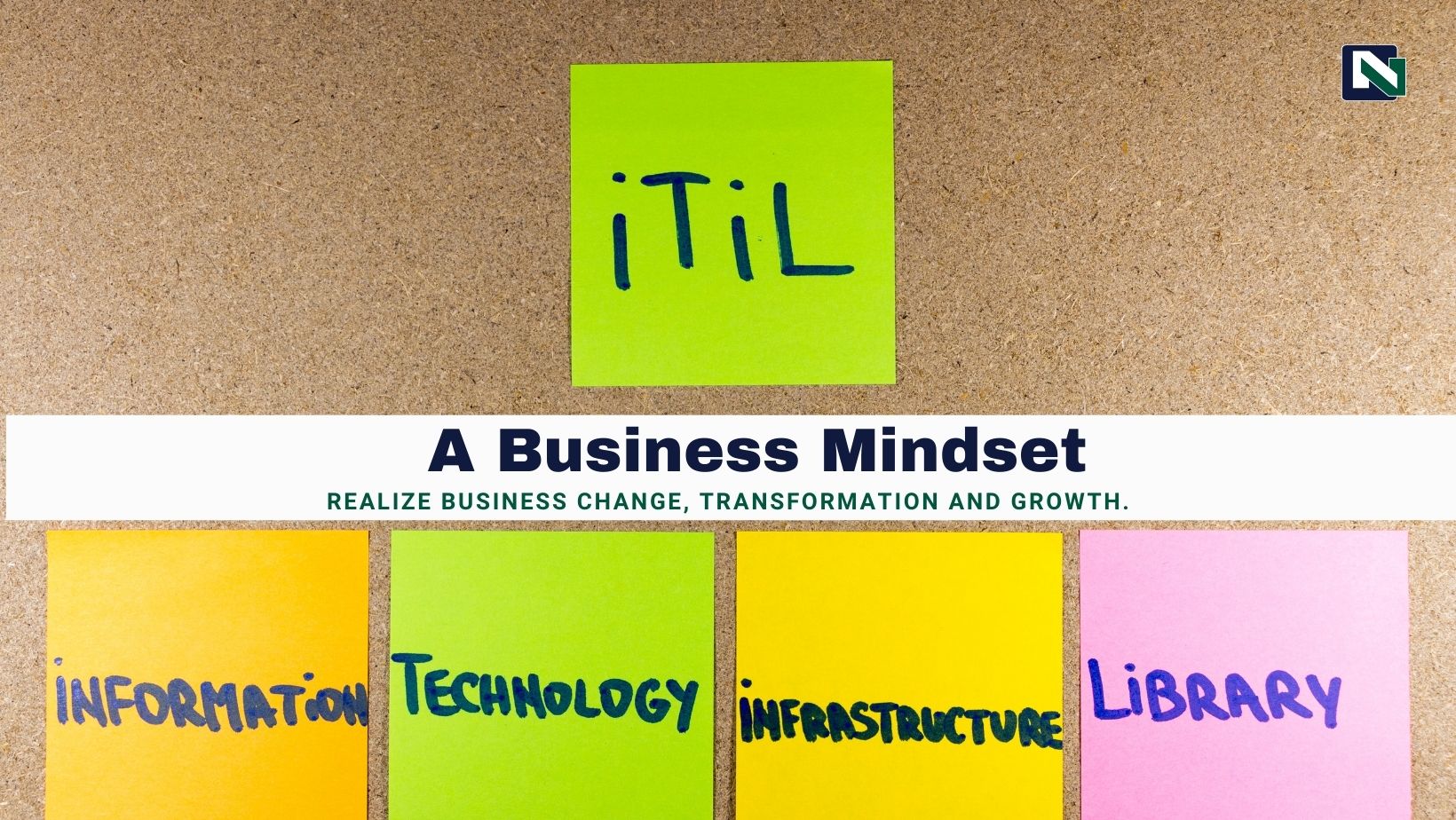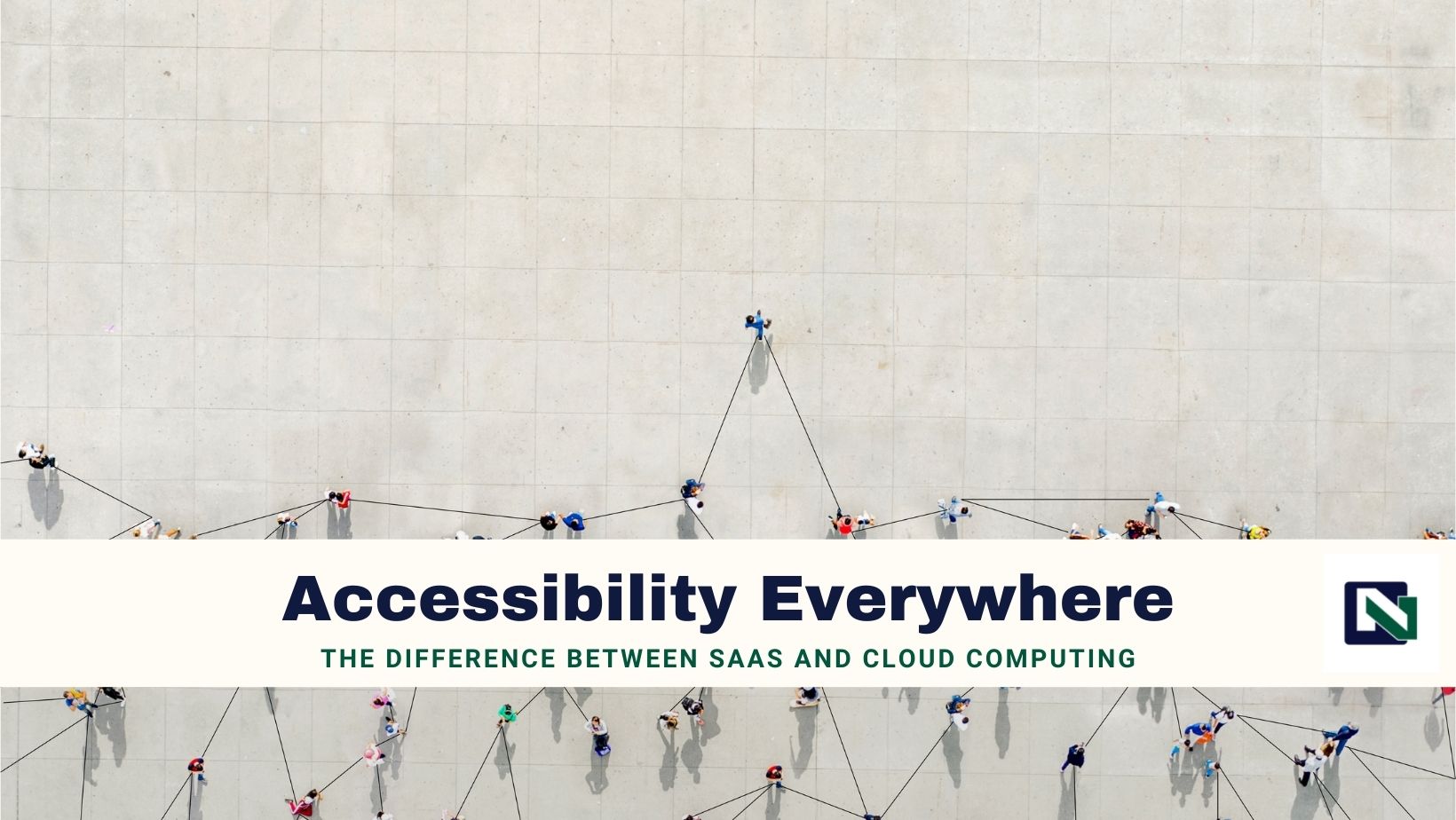Subscribe 
Subscribe to download the article.
1. Scalability and Flexibility:
Microsoft Azure’s serverless computing offers automatic scaling capabilities that adapt to changes on demand. This ensures efficient resource usage, saves costs, and provides businesses with a flexible solution to manage varying levels of workload.
Key features that allow scalability and flexibility within Azure include Azure Virtual Machines (VMs), Azure App Service, Azure Storage, and Azure Kubernetes Service (AKS).
2. Cost Savings:
Azure’s cost savings stem from its pay-as-you-go pricing model, efficient resource allocation, and autoscaling features. This allows businesses to optimize expenses by only paying for the resources they need, avoiding overprovisioning, and eliminating upfront investments in hardware and infrastructure.
Another option Azure provides is Reserved Instances which offer significant cost savings for businesses that can commit to using specific VMs, databases, or other resources for a set period of time.
If a business already has licenses for certain Microsoft software, they can apply those licenses to VMs running in Azure, potentially saving them money on licensing costs.
3. Cyber Security and Privacy:
Azure offers built-in network security features, such as virtual network isolation and virtual private network (VPN) connectivity. These features help protect data in transit by encrypting network traffic and ensuring that only authorized parties have access to resources.
Azure’s identity and access management (IAM) tools help businesses manage user identities and access to resources. Azure Active Directory enables centralized identity management for Cloud, on-premise and hybrid (Cloud/on-premises) applications, while Role-Based Access Control (RBAC) lets businesses control access based on specific roles or responsibilities.
Azure provides a range of threat protection services, including Azure Security Center, which provides centralized security management and threat protection across Azure resources, as well as Azure Sentinel, which is a Cloud-native security information and event management (SIEM) system that provides real-time threat detection and response.
4. Business Application Development:
Developing on the Cloud encourages splitting applications into smaller parts to facilitate easier development and deployment processes – thus standardizing development more broadly. Azure automates these deployments to further standardize development.
Azure DevOps is a suite of tools for application development, including source control, continuous integration/continuous delivery (CI/CD), project management, and testing.
Azure Cosmos DB is a globally distributed, multi-model database service that allows developers to build highly responsive, scalable applications that can accommodate massive amounts of data.
5. Data and Predictive Analytics:
Azure offers an expansive suite of tools and services designed to facilitate data analysis that enable businesses to ingest, process, store, and analyze large volumes of information in various forms to automate and inform business decisions. These services include:
- Azure Databricks provides a fully managed, Cloud-based data analytics platform that enables scalable data processing, machine learning, and advanced analytics, making it a valuable tool for data scientists and analysts.
- Azure Cognitive Services provides pre-built artificial intelligence (AI) capabilities, such as vision, speech, and language services, enabling organizations to easily integrate AI and data analytics into their applications and solutions.
- Azure Machine Learning provides a Cloud-based platform that enables data scientists and developers to build, train, deploy, and manage machine learning models at scale, making it a powerful tool for data analytics.
- Azure Analytics provides a comprehensive suite of analytics services and tools that enable organizations to analyze, store, and visualize data at scale, making it a valuable platform for data analytics.
6. Compliance:
The Azure Cloud ensures compliance by adhering to numerous industry standards and regulations, providing a secure environment with built-in security features and comprehensive audit capabilities. This enables businesses to meet their regulatory requirements while safeguarding sensitive data and maintaining trust Azure with customers and stakeholders.[i]
Azure is compliant with a range of industry standards and regulations, including ISO 27001, HIPAA, GDPR, and CMMC2.0. Azure provides compliance documentation and certifications, as well as tools for monitoring and managing compliance. [ii]
7. Enterprise Application Architecture:
The two key features for Enterprise Application Architecture are the following:
- Azure Service Bus provides a reliable messaging service that enables decoupling of applications and services, enabling scalable and flexible communication and integration patterns in enterprise application architectures.
- Azure LogicApps provides a fully managed workflow automation service that enables businesses to integrate and orchestrate systems, data, and services across multiple platforms and environments, making it a valuable tool for enterprise application architecture.
8. Collaboration:
The Azure Cloud enables and encourages collaboration by offering a unified platform with seamless integration across services and secure remote access. This enables teams to work more effectively together, share resources more freely, develop apps from anywhere and maintain prominent levels of security and compliance.
Globally used tools that foster collaboration include Azure DevOps, Azure Boards, Microsoft Teams and SharePoint Online.
9. Disaster Recovery and Business Continuity:
Azure offers a range of services and tools to help organizations implement robust disaster recovery (DR) solutions, ensuring the continuity of business and resilience of their applications and data in the Cloud. Some key Azure services for disaster recovery include Azure Site Recovery (ASR), Azure Backup, Azure Blob Storage, Azure Availability Zones, Geo-redundant storage (GRS) and Azure Traffic Manager.
New Value Solutions has found setting up Azures database recovery is more straightforward than other popular Cloud services.
10. Remote Access:
Azure Cloud offers seamless remote access to applications and resources across its global network of data centers. This ensures low latency performance and reliable connectivity that enables businesses to maintain productivity and collaborate efficiently from any location around the globe. Some key features offered by Azure include Azure ExpressRoute, Azure RemoteApp, and Azure Virtual Desktop.
[i] N/A. (n.d.). Azure Reserved Virtual Machine instances. Microsoft Azure Reserved Instances. https://azure.microsoft.com/en-us/pricing/reserved-vm-instances/
[ii] TerryLanfear. (n.d.). Azure compliance documentation. Microsoft Learn. https://docs.microsoft.com/en-us/azure/compliance/
[iii] Compliance in the trusted Cloud: Microsoft azure. Compliance in the trusted Cloud | Microsoft Azure. (n.d.). https://azure.microsoft.com/en-us/overview/trusted-Cloud/compliance/










